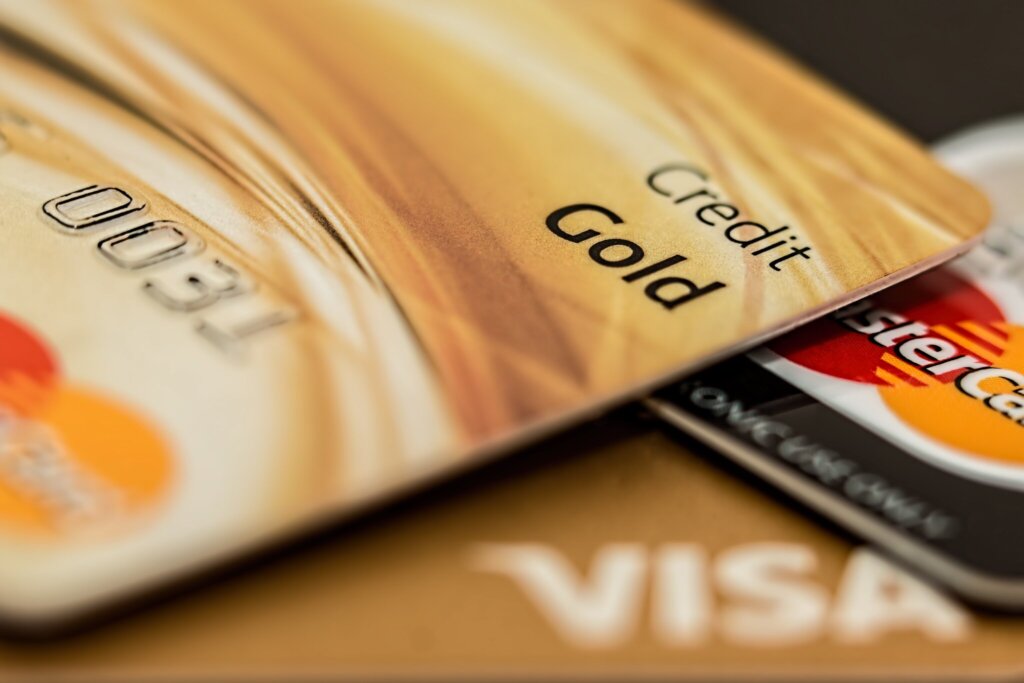First home buyers, increased schemes to assist in your first purchase, interest rates & inflation rising – experts warn loan affordability will get harder.
Stimulus measures such as the Home Builder scheme & FHLDS schemes have brought purchasing decisions of many first home buyers forward. Despite strong house price growth in 2021, first-home buyers have remained active in the marketplace.
With rate rises likely to continue, APRA has recommended the actual interest rate buffer (for calculations of affordability) be increased from 2 to 2.5 percent. This is to ensure as the rates rise that home borrowers can continue to afford their loans.
Whilst minor adjustments to mortgage serviceability calculations haven’t impacted loan approvals overall, prospective property buyers must be able to show genuine savings in the lead up to any finance application. Banks recognize the challenge for first home buyers saving for a deposit on top of paying rent. Bank statements and/or rental ledgers can be used to show consistent and reliable payments and savings.
In addition to that process as part of any finance application (first home buyer or not) clients are often asked to provide 3 months of the most recent bank statements for all accounts. Clients need to have a good handle on their budgets and the bank will go through those statements to check their expenses/budget indications.
So, the lead in time of 3 months prior to any application becomes critical. You will need to be mindful and put yourself on a financial budget diet. ANZ have reported that more than half of respondents, or 55 per cent, that had taken out a mortgage with ANZ in the six months to December 2021 indicated that they had lied or misinformed in their application documentation.
Five suggestions to help you get underway.
- Cut up the credit cards, after-pay & zip-pay
Lockup or cut up any credit cards so they are out of reach or if not needed. After-pay & Zip-pay although touted as the old-fashioned layby – they are regarded as a liability for financiers and are counted as another monthly payment and affect your overall borrowing. Before you hand over your hard-earned cash – think do I really need to buy this?
- Prepare a budget – and stick to it
Prepare a budget – there are many free options available online or in apps on your phone. Be realistic and honest with yourself and consider all items – even look at your bank statements to see where your money is going. Then stick to the budget.
- Think before buying a new car
Personal loans used to buy cars and other big-ticket items can be a big strain on your overall borrowing capacity. Before you decide to pay high interest rates on a car loan, consider whether you need to upgrade at all and whether you can make do with a more affordable vehicle in order to achieve your home ownership goal.
- Forfeit the expensive holiday
Following Covid restrictions, many people are itching to travel again. Prospective homebuyers may need to earmark those funds to put towards their deposit and choose for a cheaper option instead.
- Sell unused items
Many people have unused or unwanted items lying around which can be repurposed or sold. Some items could actually be worth selling, if in good condition. Today it is very easy to do through social media, community groups, marketplace and other online solutions.
So, start planning early. That way the budget will be clear, there will be no surprises in the bank statements or liabilities you may have forgotten, and it will make the journey of purchasing that property a whole lot easier.
Warm regards
